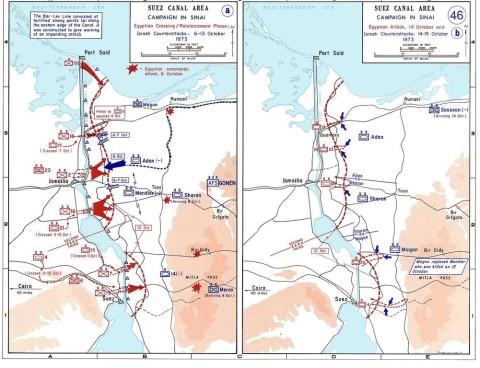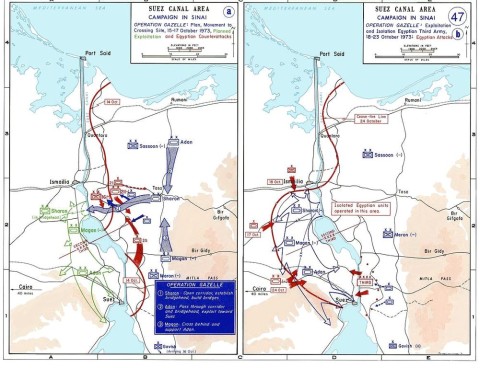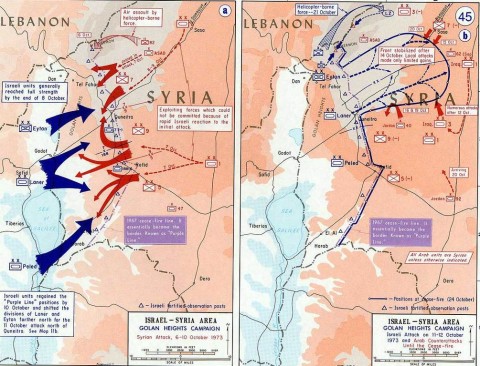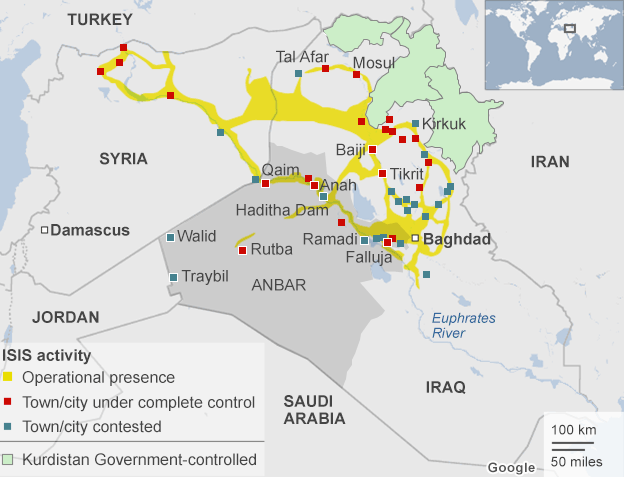Charles Stross looks at the role of Turkey in the fight against ISIS (that is, Turkey’s actions within the theatre of war, not strictly speaking, actions against ISIS):
Turkey was, prior to 1918 and the Sykes-Picot Agreement, the hegemonic imperial power in the middle east, in the form of the Ottoman Empire. Syria was as much a part of Turkey’s “sphere of influence” as the Eastern Ukraine was of Russia’s — incidentally, another zone where the post-1918 settlement is going up in gunsmoke and it’s raining airliners. More to the point, geopolitically Turkey is in a weird position. It was roped into NATO in the wake of the second world war as part of the USA’s policy of encirclement of the USSR—but Turkey’s national aspirations are intrinsically at odds with some of its NATO partners, spiking on occasion to the level of warfare. Let us not forget that Turkey was also the imperial hegemon that ruled Greece and the Balkans. And today Turkey controls a vital regional resource — the tributary rivers that flow into the Euphrates, the main supply of irrigation of water into Syria and northern Iraq. Turkey has been damming the Euphrates and restricting the water flow to Raqqa province, violating international water sharing conventions. Syrian anger over the Güney Doğu Anadolu project was a major reason why the Assad government began providing material support to the PKK insurgency in Turkey. In turn, Turkish control over the Euphrates headwaters is a potent weapon against the Kurdish independence movement.
I’m an outsider and not adequately informed on this area. However, it looks (from here) as if the Turkish centralizing obsession with suppressing the PKK has led to the destabilization of Syria and northern Iraq. Syria’s government encouraging a push towards water-intensive agriculture coincided with the most intense drought on record in Syria, from 2007 to 2010, then ran into the generalized political discord of the Arab Spring: the Ba’ath government badly mishandled the demographic/economic situation during the 00’s and it would be a mistake to lay the blame for the Syrian civil war entirely on Turkey. However, cutting the river water supply to a drought-stricken region in the middle of a period of popular discontent didn’t help.
Today, 4 years after the war began, Syria is a shattered mess. It’s noteworthy that Da’esh controls areas where the water supply has been most badly affected, crippling agriculture, the main support of the poor, mostly conservative Sunni locals. Add in lots of former Iraqi army officers (pushed into fighting by the de-Ba’athication policies imposed by the US occupation and then the anti-Sunni policies of the subsequent Shi’ite government in Baghdad) and a seasoning of Wahhabite fanatics, and you have the recipe for Da’esh to get started, take root, and hold territory.







